"Carbon Neutral" Seminar Successfully Held at Peking University
On March 17, a seminar on "Carbon Neutral" was held at Peking University's Guanghua School of Management. Mr. Hou Zengqian, Vice Director of National Natural Science Foundation of China (hereinafter referred to as NSFC) and Academician of Chinese Academy of Sciences, Mr. Yang Lixun, Director of Department of Management, and Mr. Wang Xing, Deputy Director of Secretariat, visited Peking University. Prof. Bo Wang, Vice President of Peking University, Prof. Zhijun Jin, Dean of Energy Research Institute of Peking University and Academician of Chinese Academy of Sciences, Prof. Lei Yang, Vice Dean of Energy Research Institute, Prof. Suyi Liu, Dean of Guanghua School of Management of Peking University, Prof. Zheng Zhang, Vice Dean, and Dr. Teng Fei, Deputy Secretary of Party Committee, Prof. Huiling Duan, Dean of School of Engineering of Peking University, Prof. Jie Song, Vice Dean of School of Engineering of Peking University, Prof. Lifei Zhang, Dean of School of Earth and Space Sciences of Peking University, and Prof. Zhu Tong, Dean of School of Environmental Science and Environmental Engineering, Peking University, etc. attended the meeting.
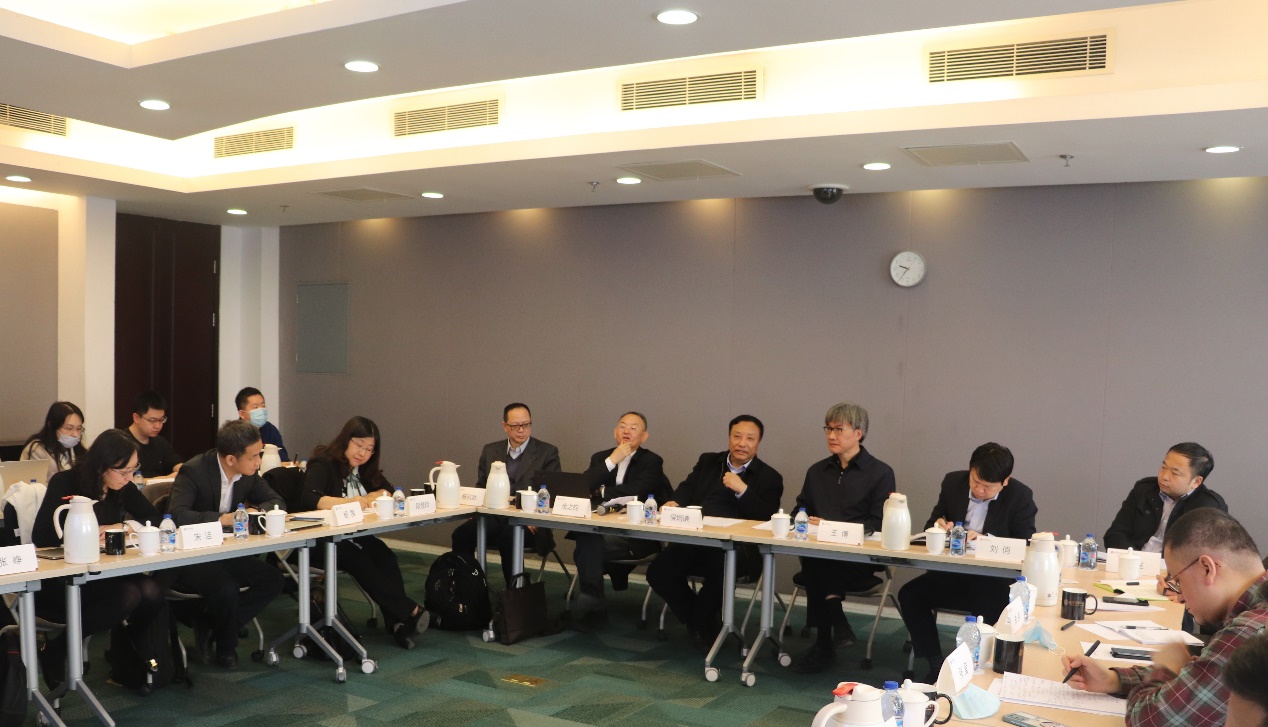
The conference was divided into two themes: "Carbon Neutrality" and "China's Economic Development Model". The session on "Carbon Neutrality" was chaired by Professor Jin Zhijun, Director of the Energy Research Institute of Peking University.
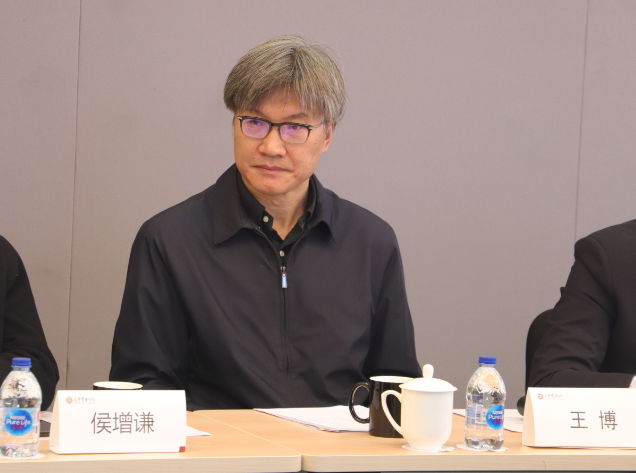
Prof. Wang Bo, Vice President of Peking University, delivered a speech for the conference. On behalf of Peking University, Prof. Wang Bo firstly expressed a warm welcome to the guests. He pointed out that Peking University and NSFC share the same goal of academic construction, academic development and academic services. In the ancient Chinese text "ZhongYong", there is a description of "To achieve neutral harmony, the sky is in harmony, and all things are nurtured", which shows that "neutral harmony" is not only a requirement for energy change, but also closely related to the development of human society and the relationship between human and nature. He pointed out that Guanghua School of Management is a bridge for academic exchange, and hoped that the guests could speak freely on the exchange platform of Peking University Guanghua and collide with each other's ideas and wisdom.
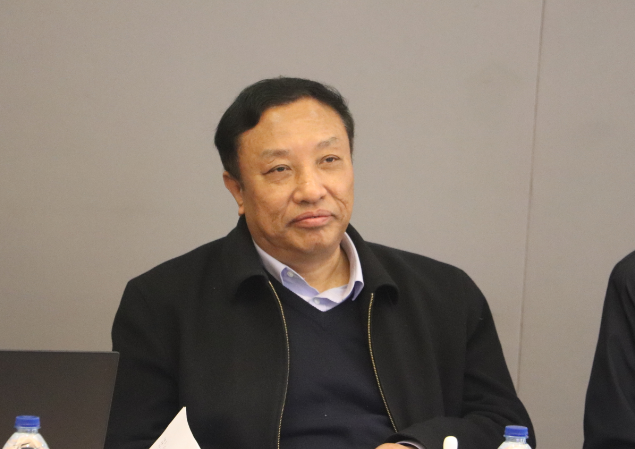
Mr. Hou Zengqian, Deputy Director of the Natural Science Foundation Committee and Academician of the Chinese Academy of Sciences, firstly introduced the basic situation of the current reform of the Foundation Committee. He pointed out that the Foundation has conscientiously implemented the spirit of General Secretary Xi Jinping's important discourse on scientific and technological innovation, and clearly defined the funding guidelines based on "encouraging exploration, highlighting originality", "focusing on the frontier, breaking through bottlenecks", and "demand-driven, breaking through bottlenecks". "common orientation, cross-fertilization". Through the research on carbon neutrality, we will identify practical and operational implementation models and development paths, make scientific judgments on economic and social impacts, and provide necessary tools, background materials and basic data for national policy protection and adjustment of supporting mechanisms, China's participation in global governance, Sino-US negotiations and relevant international cooperation.
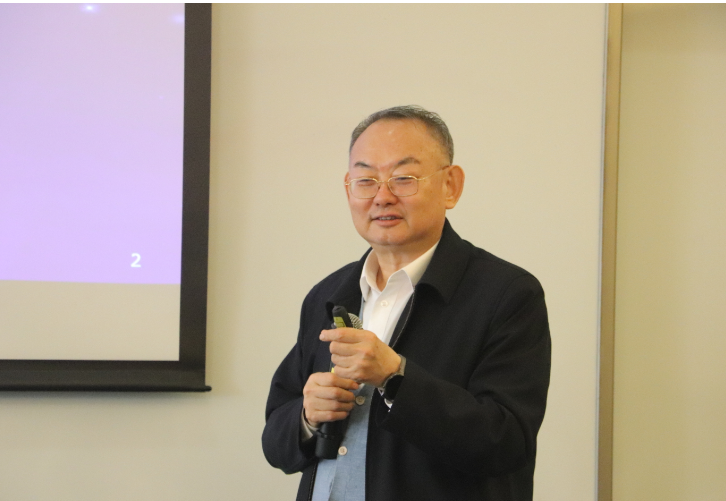
Prof. Jin Zhijun, Director of Energy Research Institute of Peking University and academician of Chinese Academy of Sciences, gave a speech on the implementation of "carbon neutrality". He presented the current analysis and forecast of China's energy structure, supply and demand of various types of energy, and introduced the current energy research projects in China, the forecast of foreign institutions on the future energy structure, as well as the path of "carbon neutral" and the practice of energy transformation. Professor Jin pointed out that the key is to find the optimal solution for the balance between carbon emission and carbon consumption, including improving energy efficiency, optimizing industrial structure, and finding the optimal solution for emission reduction; reducing cost, developing carbon consumption technology, and giving priority to CCUS; forming carbon management mechanism, and developing carbon trading market, etc.
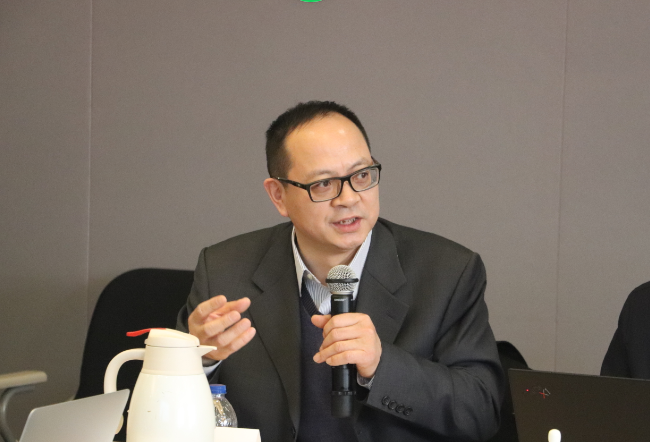
Yang Liexun, director of the Department of Management of the Natural Science Foundation, pointed out that management requires cross-fertilization between natural and social sciences. The "carbon neutrality" research should consider the issues of transition, pathways, regions, international cooperation and global governance in management, which requires cross-collision between different disciplines. He pointed out that Peking University has made great achievements in interdisciplinary research, and Chinese economists have helped the country to move from a big economic power to a big economics power by discovering phenomena and summarizing laws and presenting them to the world in an internationally accepted research paradigm.
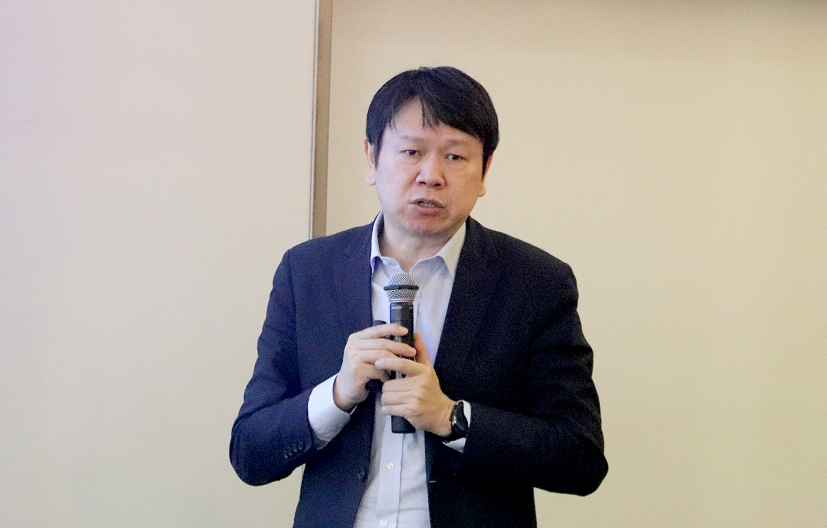
Professor Liu Suy, Dean of Peking University Guanghua School of Management, delivered a keynote speech on the impact of economic and social development under the goal of "carbon neutrality". Professor Liu Suy proposed the core issues and ideas of the current research, one is to study the economic and social impacts and realization paths after working backwards from the top-down approach to each stage of the carbon reduction target, and to conduct quantitative input-output research for subdivided industries and regions, targeting the consumption side and investment side, and conducting research on key industries, regions and their micro business scenarios; the second is to analyze the direct and indirect impacts from the bottom-up approach in terms of industry relevance and sensitivity, forming a multi-dimensional analysis of technology/reduction target-industry-economy. The second is to analyze direct and indirect impacts through a bottom-up approach, from industry linkages, sensitivities, etc., to form a multidimensional analysis framework of technology/emission reduction targets-industry-economy, and to explore in depth specific policy tools and instrumental measures.
The seminar on "China's Economic Development Model" was chaired by Prof. Liu Suy, Dean of Peking University Guanghua School of Management, who delivered a keynote speech.
According to Prof. Liu, the effective integration of top-level government design and market dynamics, openness to the outside world, and independent industrial innovation have jointly formed the economic development model since the reform and opening up. He pointed out that maintaining a higher level of total factor productivity and reaching 2.5-3 percentage points per year in the future will be achieved through more thorough reform and opening up, improving the efficiency of resource allocation, strengthening research and development, especially in basic disciplines, stimulating the bottom vitality, promoting urbanization, facilitating the transfer of agricultural population to cities, reducing external dependence, changing China's position in the middle and lower reaches of the global value chain, and forming the Chinese model of economics theory.
In this meeting, the participants had an in-depth exchange and discussion on carbon emission monitoring station design, energy technology, regional regulation, patent research, investment market and other topics.
Leaders, scholars and staff from the Natural Science Foundation of China, Peking University Guanghua School of Management, Energy Research Institute, College of Engineering, College of Earth and Space Sciences, College of Environmental Science and Environmental Engineering, and College of Urban and Environmental Sciences attended this meeting.

